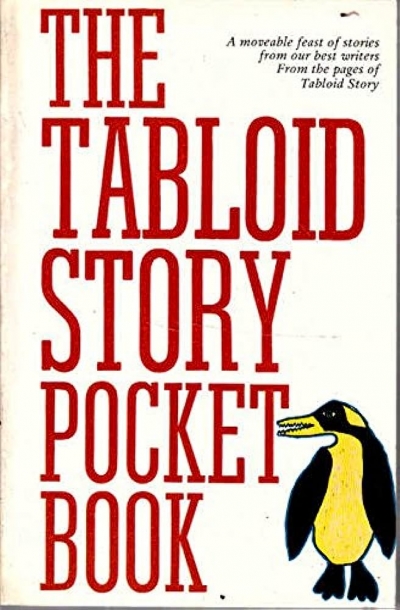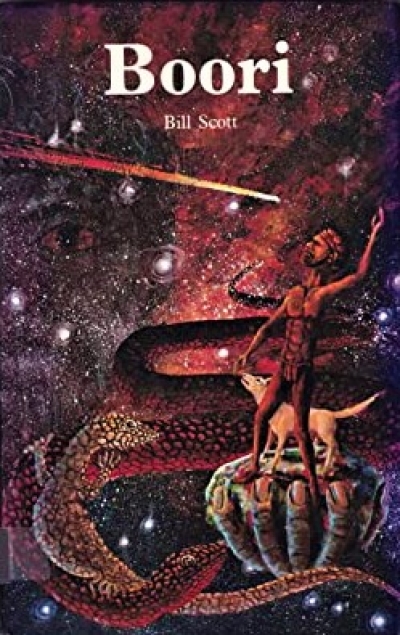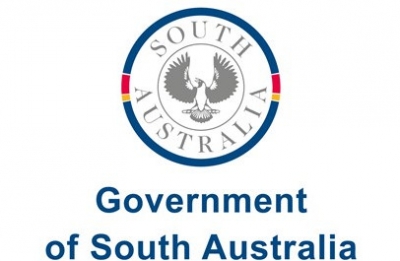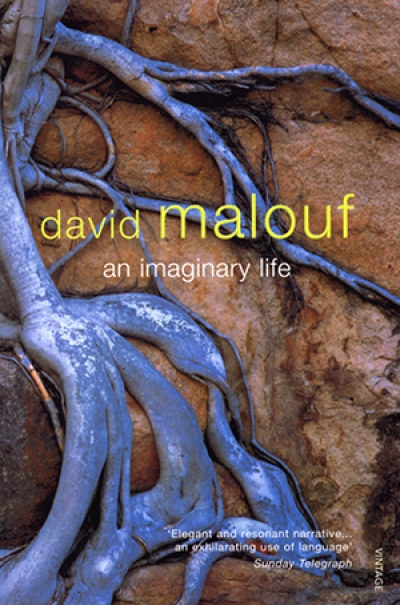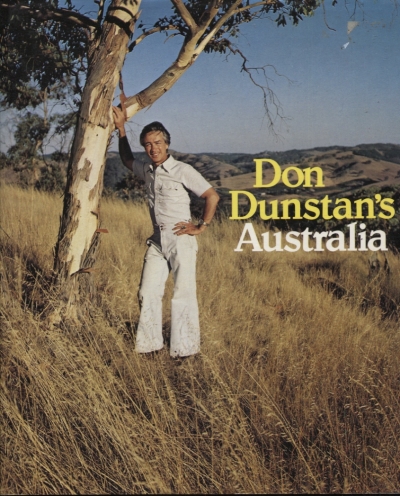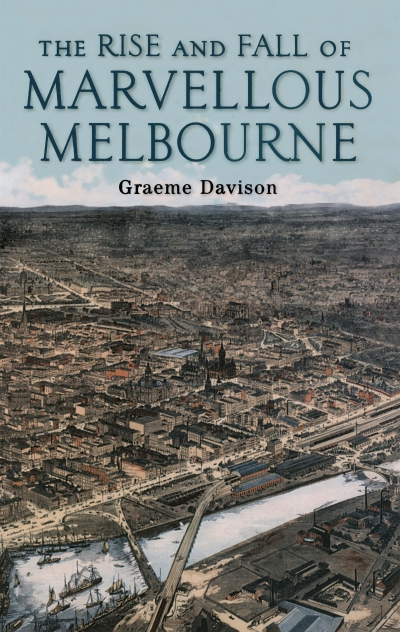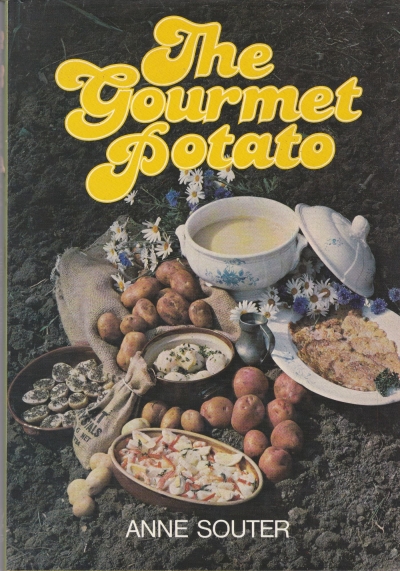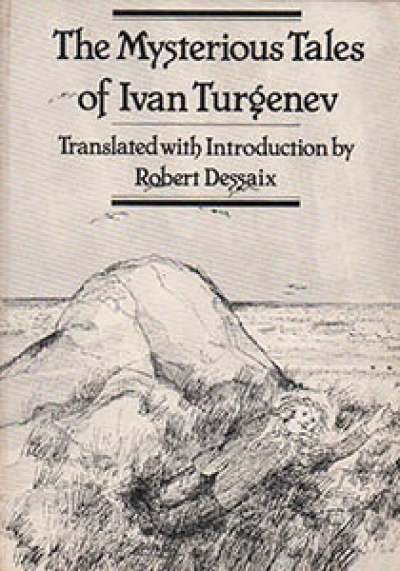Archive
Cannabis – A Discussion Paper by By Government of South Australia
In Tirra Lirra by the River, an elderly woman, Norah Porteou, returns to live in her childhood home in Brisbane after forty years as a ‘London Australian’. The house is empty, so is her life. Norah is a ‘woman whose name is of no consequence’. She is sensitive, vaguely artistic, slightly superior (‘Mother,’ she appeals in a childhood scene, ‘don’t let Grace call me Lady Muck.’) The novel consists of a review of her past, with interruptions from half-remembered neighbours offering curious and resentful help.
... (read more)Don Dunstan’s Australia by Don Dunstan, photography by Julia Featherstone
by Bruce Muirden •
The Rise and Fall of Marvellous Melbourne by Graeme Davison
by Leonie Sandercock •
The Mysterious Tales of Ivan Turgenev edited by Robert Dessaix
by Judith Armstrong •

